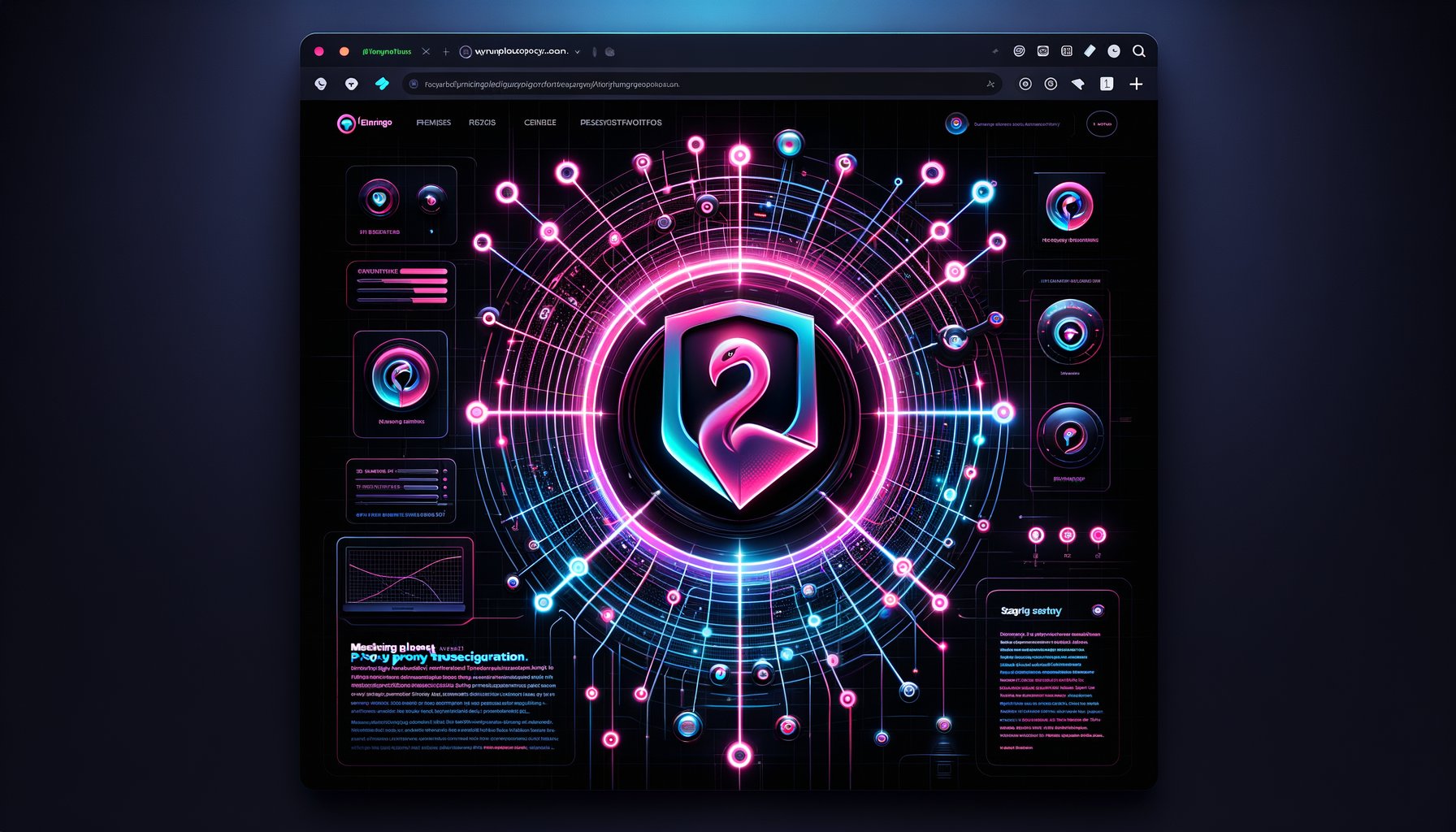How to Avoid Getting Blocked While Web Scraping — Proxy Best Practices
Web scraping is a powerful tool for data acquisition, but it's crucial to do it responsibly and avoid getting blocked by target websites. This guide provides essential best practices, focusing on the effective use of proxies to ensure smooth and successful scraping operations.
Understanding Website Blocking Mechanisms
Websites employ various techniques to detect and block scrapers, including rate limiting, IP address blacklisting, and user-agent checks. These measures protect their servers from overload and prevent malicious activities. Using residential proxies from a reputable provider like FlamingoProxies is a crucial step in mitigating these risks.
Choosing the Right Proxies for Web Scraping
Not all proxies are created equal. The type of proxy you select directly impacts your success rate and the risk of getting blocked. Here's a breakdown:
- Residential Proxies: These proxies use the IP addresses of real residential internet users, making them virtually indistinguishable from genuine website visitors. FlamingoProxies' residential proxies offer superior anonymity and are less likely to trigger website blocks. They're ideal for sensitive scraping tasks.
- ISP Proxies: These proxies leverage the IP addresses of internet service providers, offering a balance between anonymity and speed. Our ISP proxies are a reliable choice for many scraping projects.
- Datacenter Proxies: While generally faster and cheaper, datacenter proxies are more easily identified as bots and are therefore more prone to being blocked. They are suitable for less sensitive tasks.
Implementing Effective Proxy Rotation
Rotating your proxies is key to avoiding detection. Each request to a website should ideally use a different proxy IP address. This technique helps distribute your requests, making it appear as if many legitimate users are accessing the website, not a single scraping script.
Here's a simple Python example using a proxy rotation service:
import requests
#...your code here...
proxies = {
'http': 'http://user:pass@your-proxy-ip:port',
'https': 'https://user:pass@your-proxy-ip:port'
}
response = requests.get(url, proxies=proxies)Respecting robots.txt and Rate Limits
Always respect the robots.txt file of the target website. This file specifies which parts of the website should not be accessed by automated bots. Ignoring it is a surefire way to get blocked.
Additionally, adhere to the website's rate limits. Sending too many requests within a short period can lead to immediate blocking. Implementing delays between requests helps prevent this.
Advanced Techniques for Avoiding Blocks
- User-Agent Spoofing: Vary the user-agent string in your requests to mimic different browsers and devices.
- Headers Manipulation: Include appropriate headers in your requests to make them appear more natural.
- Cookies Management: Properly handling cookies can make your scraping sessions appear more legitimate.
Using FlamingoProxies for Superior Web Scraping
FlamingoProxies provides high-quality proxies, designed to help you navigate the complexities of web scraping without getting blocked. Our premium residential and ISP proxies offer superior speed, reliability, and global coverage. With features designed to help you avoid detection, you can focus on data collection without the hassle. Explore our pricing plans today to see how we can enhance your web scraping efficiency and reliability.
Need Support?
For further assistance or to discuss your specific web scraping challenges, consult our blog for more helpful resources or join our Discord community!





